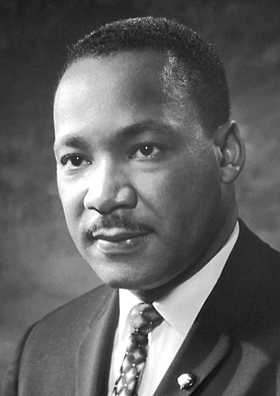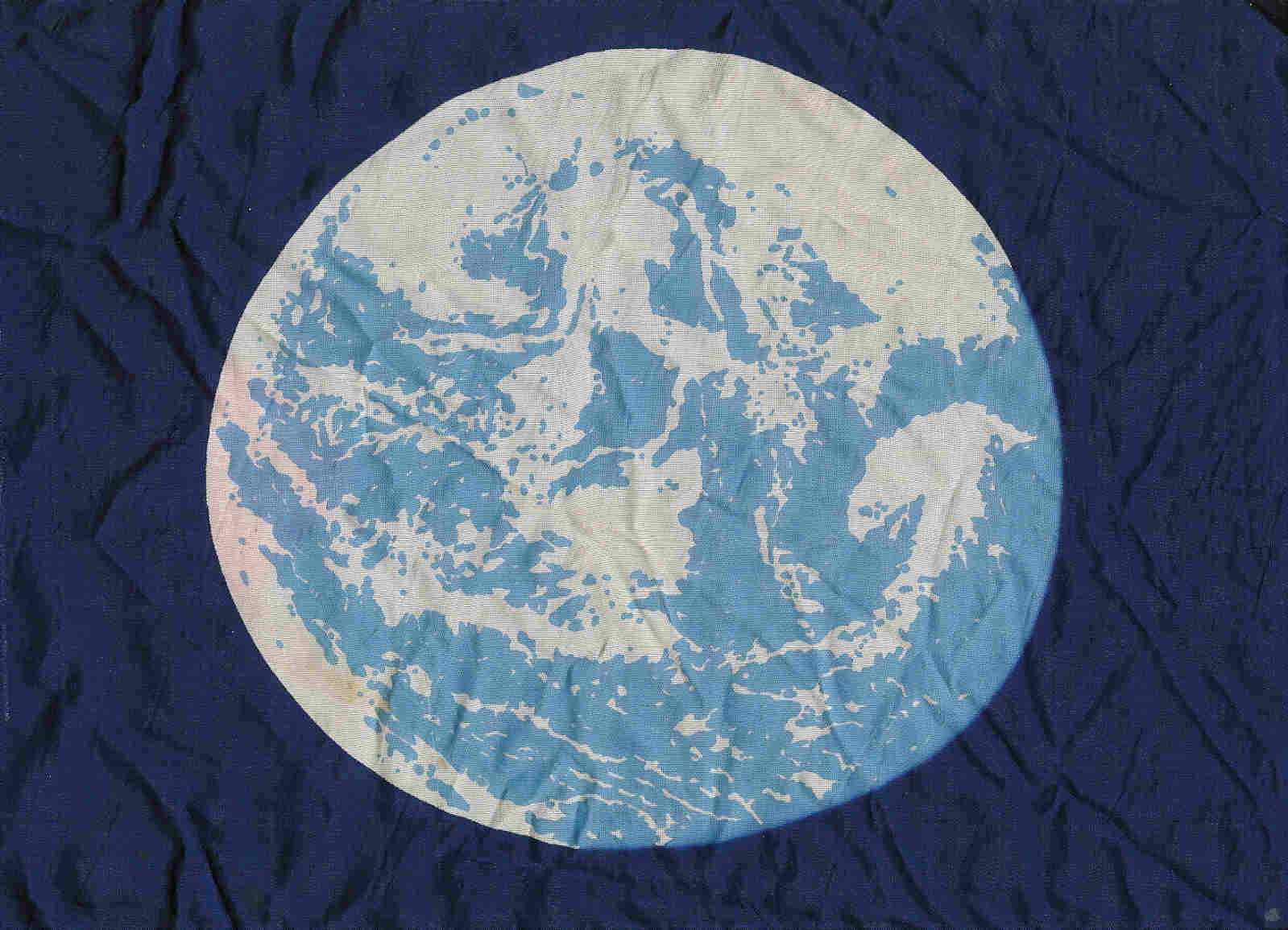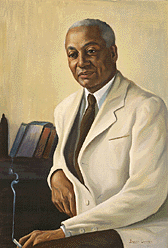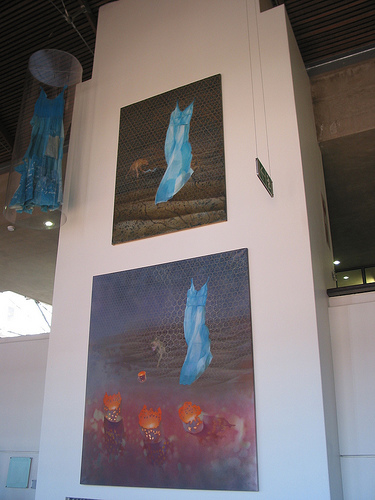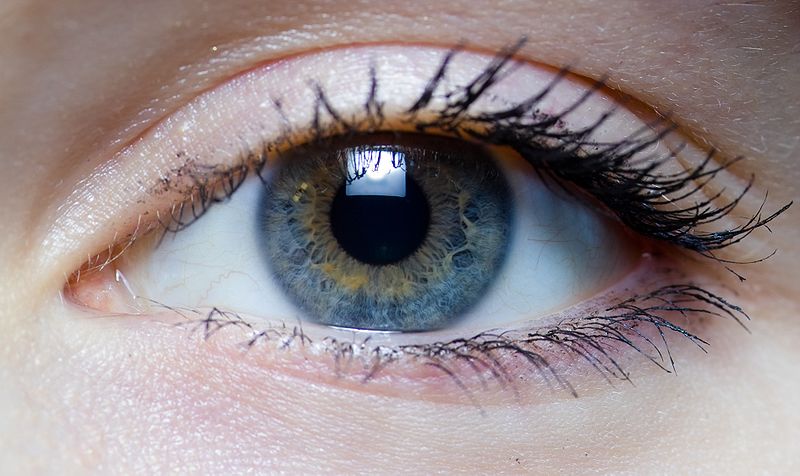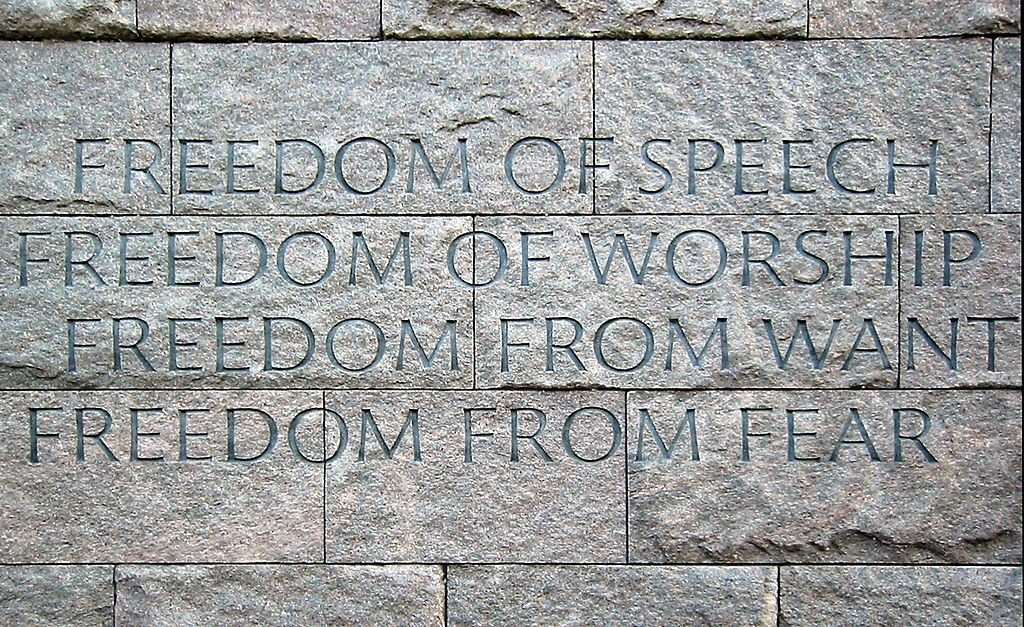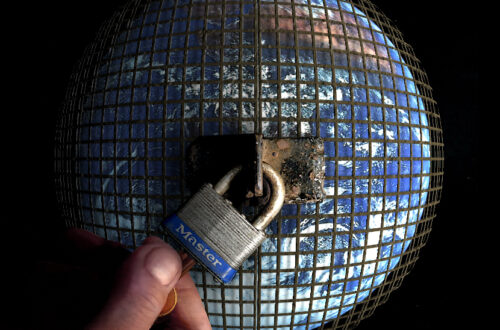-
Government should take lesson from Christmas Islanders
It appears from all reporting that what makes the tragedy that occurred on the morning of Wednesday 15 December, 2010 on the shoreline of Christmas Island all the more tragic is that human beings had to watch (and listen) helplessly whilst fellow humans died just metres away. The stories of the traumatised witnesses have painted a horrific picture of what it must have been like … the rope that was dragging a victim from the water going limp; a man most desperately wanting to jump into the waves and rescue a little girl but being held back by others who realised the futility of the attempt; and the realisation that a baby and mother who had…
-
Only Water in a Stranger’s Tears
‘It’s only water in a stranger’s tears.’ I start with this line partly because I’ll always get in a musical reference if I can (it’s a lyric from the song Not One of Us, by Peter Gabriel), but also because it sums up to me what defining ‘the other’ (the foreigner) seems to be all about: denying the humanity of a particular group of people. And perhaps nothing defines our humanity as much as our tears, whether from grief, distress, fear, or even happiness. We shed tears when emotion, that quintessentially human experience, overwhelms us. We cry with sympathy, too, and not just for people we know. You’d be forgiven…
-
On the nose: perfumer sparks racism furore
Last month, I discussed a problem of foreignness emerging from France. This month, coincidentally, I again turn to a controversy from France that has gripped the world’s attention—one that reveals how language can create and perpetuate notions of Otherness and foreignness. Jean-Paul Guerlain, who once worked for the famous high-end cosmetics line that shares his last name as its name, has fallen under the media spotlight for racist remarks he recently made in an interview on French television. Out of decency, I will not reproduce his remarks on this blog, but major news media sources across the world such as The Guardian are reporting them. There is no question that…
-
Abolish Foreignness
Eight million children under the age of five die each year from largely preventable causes. One billion people live in abject poverty. Thousands die crossing international borders while fleeing poverty, war or persecution. Rich countries reinforce barriers, laws and measures to prevent people crossing their borders. Hundreds of thousands are held in migration prisons as if they were criminals. 67 million people live as refugees or are internally displaced as a result of persecution, war, poverty or other causes. Believing that human beings are “foreigners” makes such profound human rights violations possible.
-
Identity Crisis
Some countries obsess about ‘who we are’. The obsession becomes more intense, the more people with different coloured skins, different accents, diffent cultures become part of day to day life. In an age of migration “we” can become very confusing. Who can “we” be, if quite obviously “us” includes “them”. This question is not just one of tribalism, although tribalism is at the roots of this anxiety. The world is constructed around the idea of “races”: every nation a state and every state a nation. Italians in Italy, Germans in Germany, Poles in Poland. The theory was simple: better simplistic – and it never worked well. At its worst it…
-
Will the real foreigners please stand up?
Either we all stand up or none of us do. Recently I read comments on the BBC page on Open Borders. One Mark Krikorian of the Center for Immigration Studies expresses this view. Borders are essential to nationhood. They are the line between “us” and “them”. Without ‘them’ there can be no ‘us’, precluding the possibility of social solidarity. Scary isn’t it? If we let those foreigners in we’ll be in real trouble.


